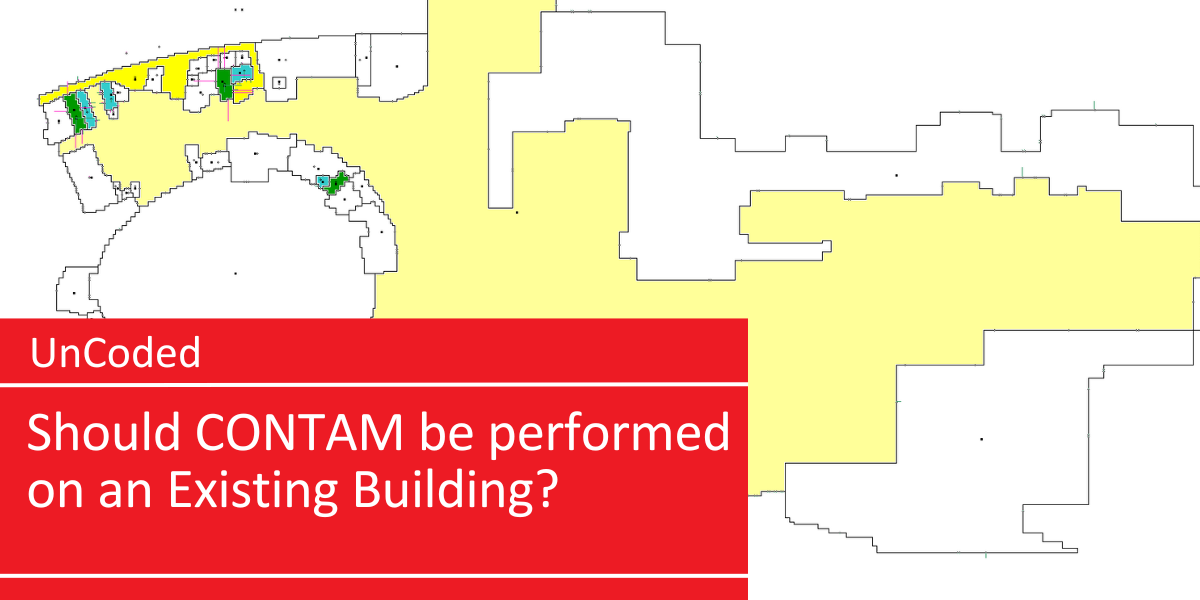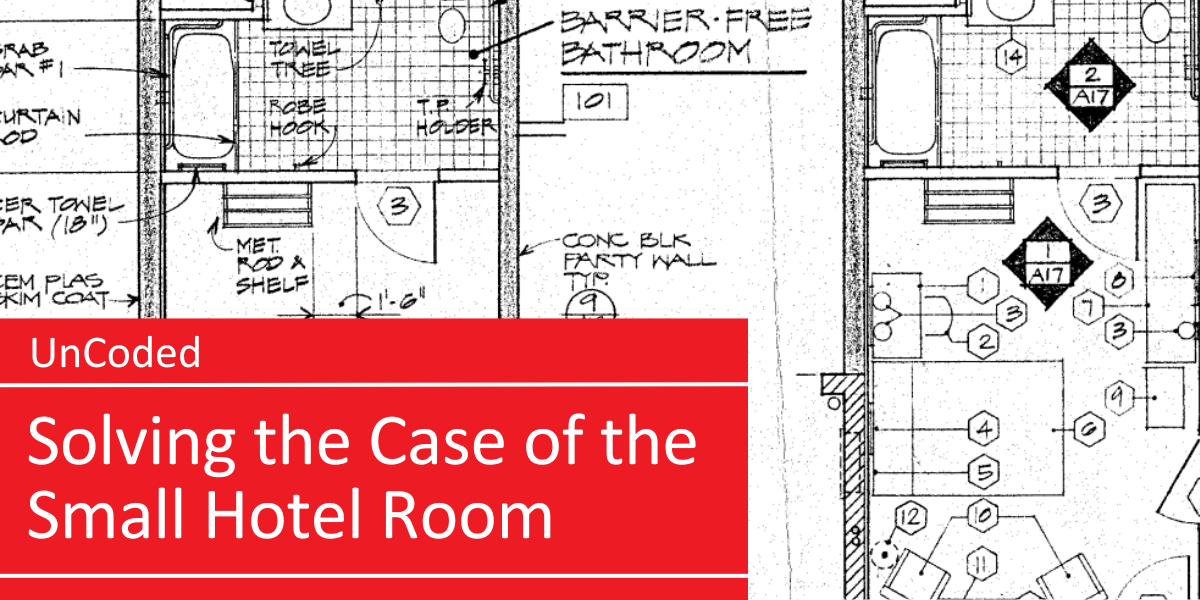Fire Protection Reports Eliminate the Unexpected
About This Project
One of the greatest values of fire protection reports (FPRs), which are fire protection life safety narratives, is their ability to eliminate the unexpected during construction. “They can provide early guidance for key building and fire code requirements and access to discussions with building officials early in the design process to ensure no “surprises” down the road,” Bryan Douglass, PE, a principal at TERPconsulting, explains.
 Aside from preventing unwanted revelations, the primary objective of an FPR is to establish both prescriptive code requirements and any performance-based design approaches associated with a building or remodel. “Essentially a fire protection report identifies key fire protection and life safety code requirements for design team use and coordination by the fire protection contractors (sprinkler, fire alarm, etc.),” Bryan succinctly summarizes of FPRs, which can also be referred to as a fire and life safety report (FLSR), fire protection analysis, code analysis, or code study, depending on the jurisdiction.
Aside from preventing unwanted revelations, the primary objective of an FPR is to establish both prescriptive code requirements and any performance-based design approaches associated with a building or remodel. “Essentially a fire protection report identifies key fire protection and life safety code requirements for design team use and coordination by the fire protection contractors (sprinkler, fire alarm, etc.),” Bryan succinctly summarizes of FPRs, which can also be referred to as a fire and life safety report (FLSR), fire protection analysis, code analysis, or code study, depending on the jurisdiction.
Often, FPRs are mostly performed before construction even begins as they will be able to provide the design and construction team with a playbook for designing code-compliant fire protection systems. “If an FPR is provided after a building is constructed, it’s likely due to a substantial remodel or building occupancy or use change that may impact the building design,” Bryan explains. “For complex projects, it is an extremely beneficial tool for the design and construction team. It will provide the team with a document outlining all pertinent requirements – that will be reviewed and eventually approved by the officials – thereby providing a design document for the project duration. This will be utilized by the fire alarm and sprinkler contractors as a reference guide for design criteria.”
The basics of an FPR are code requirements and design concepts associated with passive and active fire protection systems, including fire-resistive construction and occupancy separations, exiting requirements, fire sprinkler and standpipe design, fire alarm and detection design, and smoke management.
 FPRs are often required by the building and/or fire code official to document fire protection design approaches. “Even if an official does not require a report, often our clients request one for design team coordination,” adds Bryan.
FPRs are often required by the building and/or fire code official to document fire protection design approaches. “Even if an official does not require a report, often our clients request one for design team coordination,” adds Bryan.
Although FPRs are not mandated, they are a jurisdictional call. Most jurisdictions adopt the International Code Council (ICC) codes, specifically the International Building Code (IBC) and International Fire Code (IFC) – both of which provide the official the authority to request an FPR.
In addition to ensuring there are no surprises during construction, there are other advantages to investing in an FPR if the governing jurisdiction does not require it. “They also provide clear design guidance for fire protection systems such that level bids from fire protection contractors can be obtained,” Bryan advises. “Also, they offer the benefit of identifying unique building design issues that may require alternative method designs.”
Legal Disclaimer: All information contained in this article is made available for informational purposes only and should not be construed as professional, engineering, financial, real estate, tax, or any other advice and reflect only the personal opinions of the author of the article. The use of any information in this article for any purpose will be at the reader’s sole risk and without liability to TERPconsulting or the author of the article. TERPconsulting does not represent or warrant that the information contained in this article is accurate as of any particular date and notes that rules, regulations, codes, and procedures are constantly changing and evolving. TERPconsulting undertakes no obligation to confirm the accuracy or completeness of this information as of any particular date and additionally makes no representation that this information will be up to date as of the date you are reading it. You acknowledge and agree that there is no substitute for consultation with a licensed professional in your jurisdiction that can take into consideration all relevant facts and circumstances for your specific needs and understand that no professional-client relationship exists between you and TERPconsulting without signing all of our onboarding materials and agreements. All regulatory and governing bodies having jurisdiction over a particular matter should be consulted prior to undertaking any activities and to ensure that all applicable and up-to-date rules, regulations, codes, and procedures are being followed.






